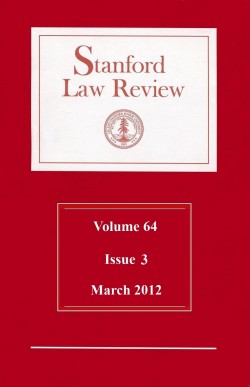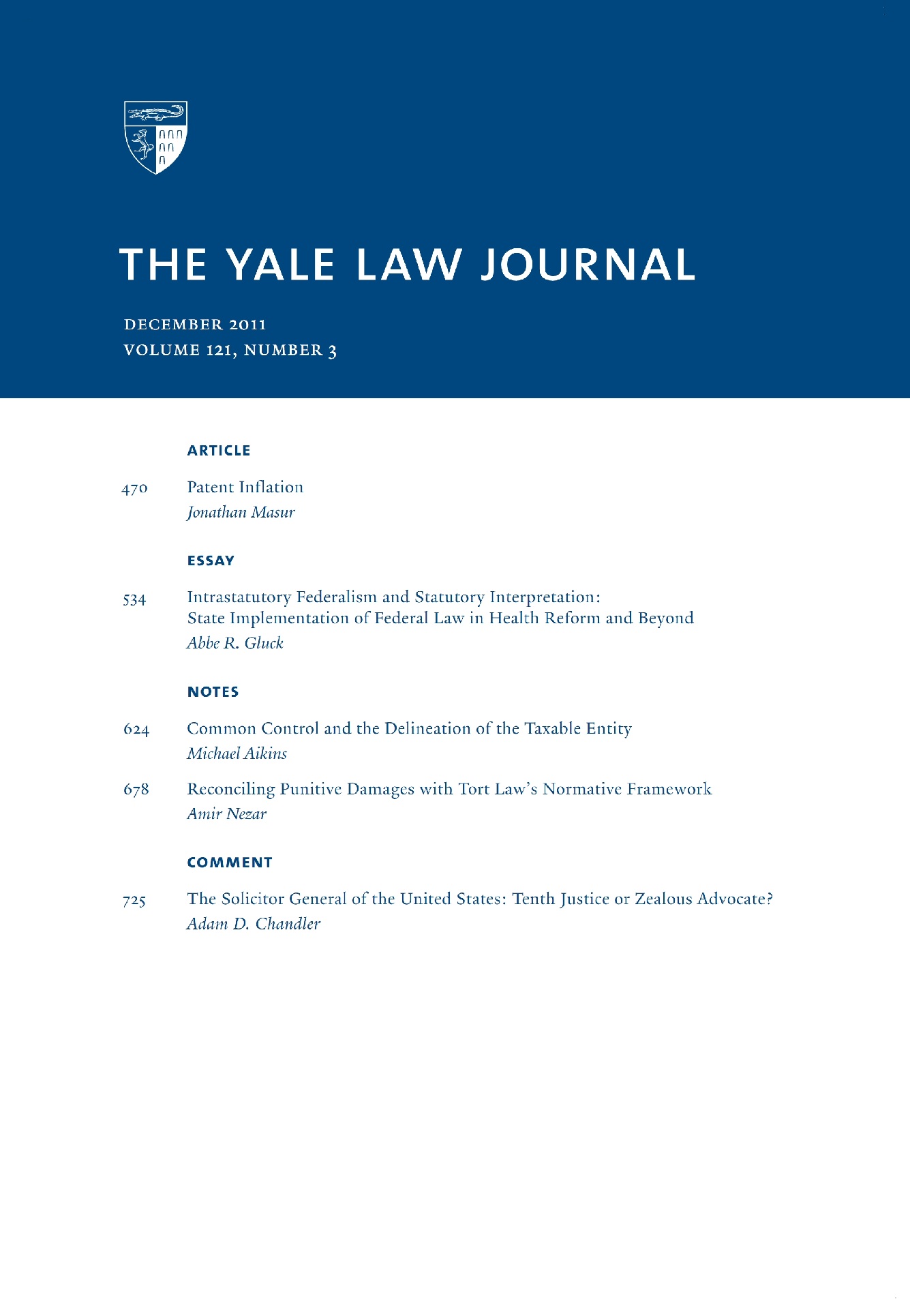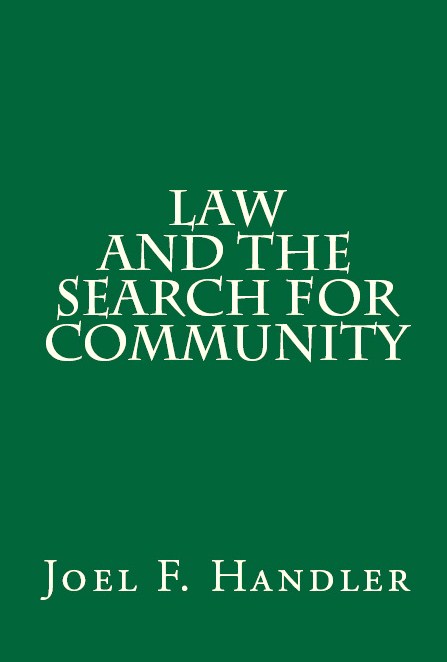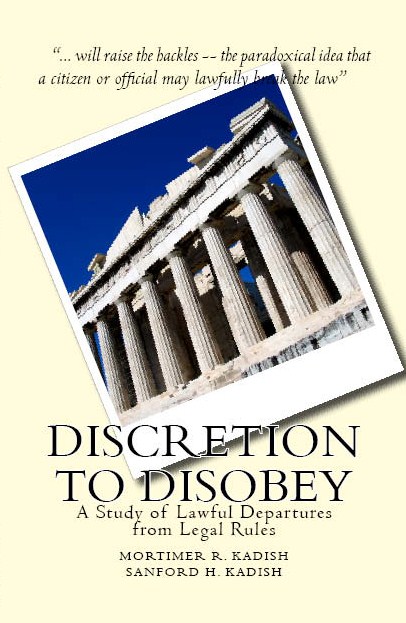Stanford Law Review March 2012 issue 3: Prosecuting the exonerated and double jeopardy, feminism and conflict of laws, and fragmentation nodes in finance
This new issue of the Stanford Law Review contains studies of law, economics, and social policy by recognized scholars on diverse topics of interest to the academic and professional community. Contents for the March 2012 issue include:
• “Prosecuting the Exonerated: Actual Innocence and the Double Jeopardy Clause” by Jordan M. Barry
• “From Multiculturalism to Technique: Feminism, Culture, and the Conflict of Laws Style” by Karen Knop, Ralf Michaels & Annelise Riles
• “Fragmentation Nodes: A Study in Financial Innovation, Complexity, and Systemic Risk ” by Kathryn Judge
” by Kathryn Judge
• Note: “Insurmountable Obstacles: Structural Errors, Procedural Default, and Ineffective Assistance” by Amy Knight Burns
• Comment: “The Gulf Coast Claims Facility and the Deepwater Horizon Litigation: Judicial Regulation of Private Compensation Schemes” by Colin McDonell
The Stanford Law Review was organized in 1948. Each year the Law Review publishes one volume, which appears in six separate issues between January and July. This volume represents the 2011-2012 academic year. Each issue contains material written by student members of the Law Review and outside contributors, such as law professors, judges, and practicing lawyers. The journal is edited by students at Stanford Law School.
In the ebook edition, all the footnotes, graphs, and tables of contents (including those for individual articles) are fully linked, properly scalable, and functional; the original note numbering is retained. Also, the URLs in notes are active; and the issue is properly formatted for ereaders.
Available in leading ebook formats:
Amazon for Kindle.
Barnes & Noble for Nook.
Google for Play.
In ePUB format at Smashwords.
And at Apple iBooks and iTunes bookstore (direct on iPad and iPhone).
. . .
Cataloging:
ASIN B0085A1FBU (Kindle)
ISBN 978-1-61027-946-8 (ePUB)
268 pp.



